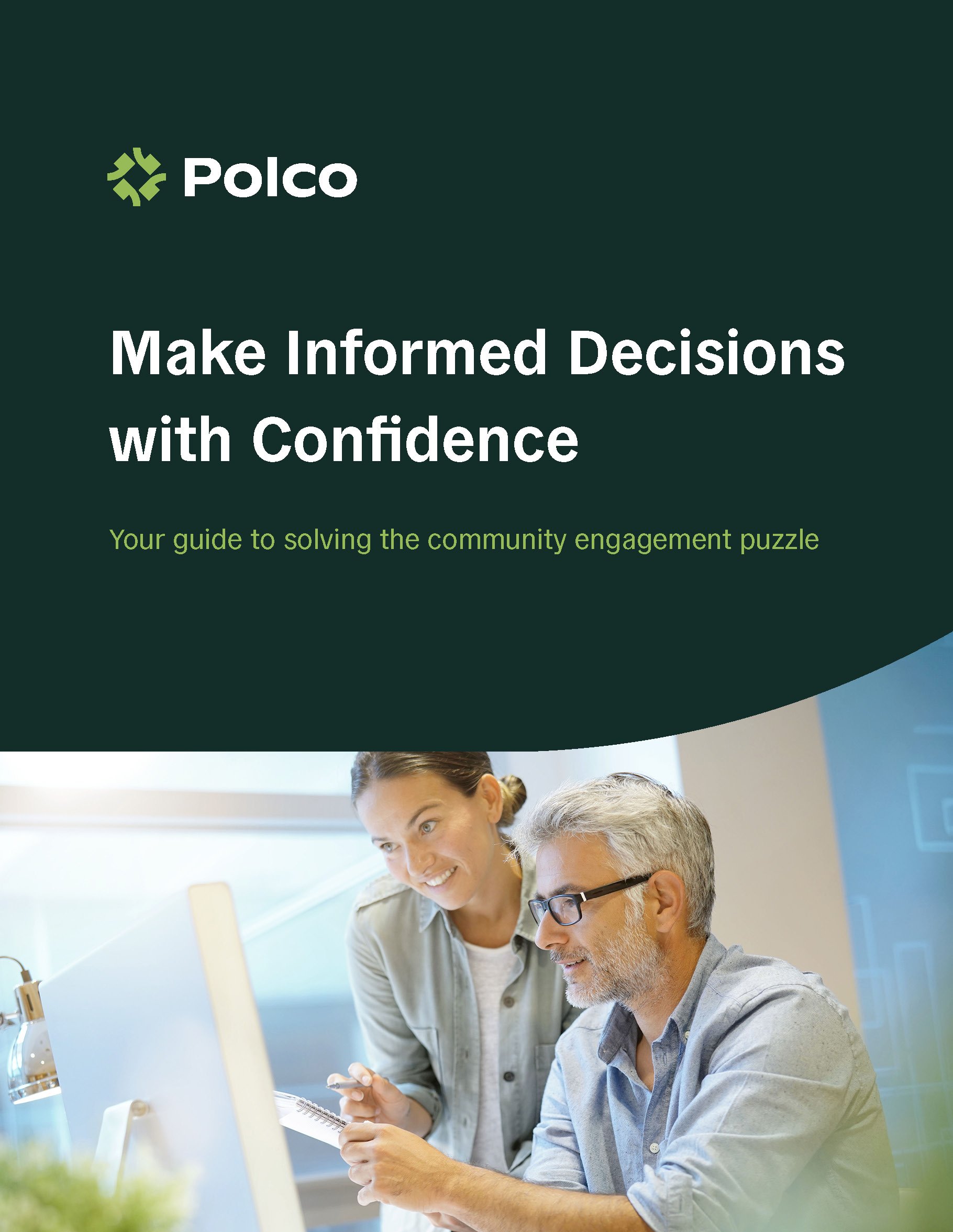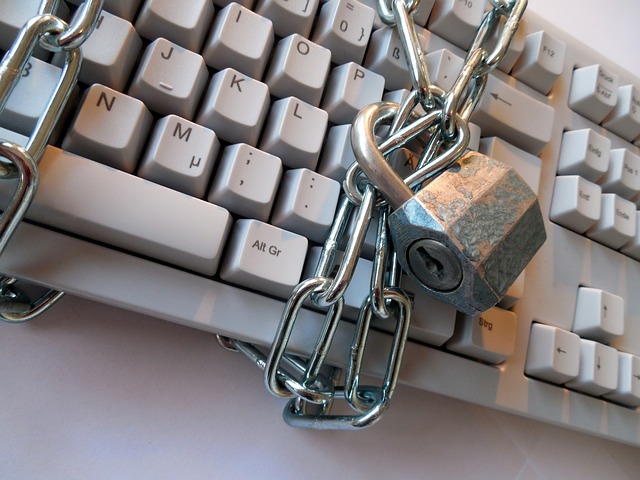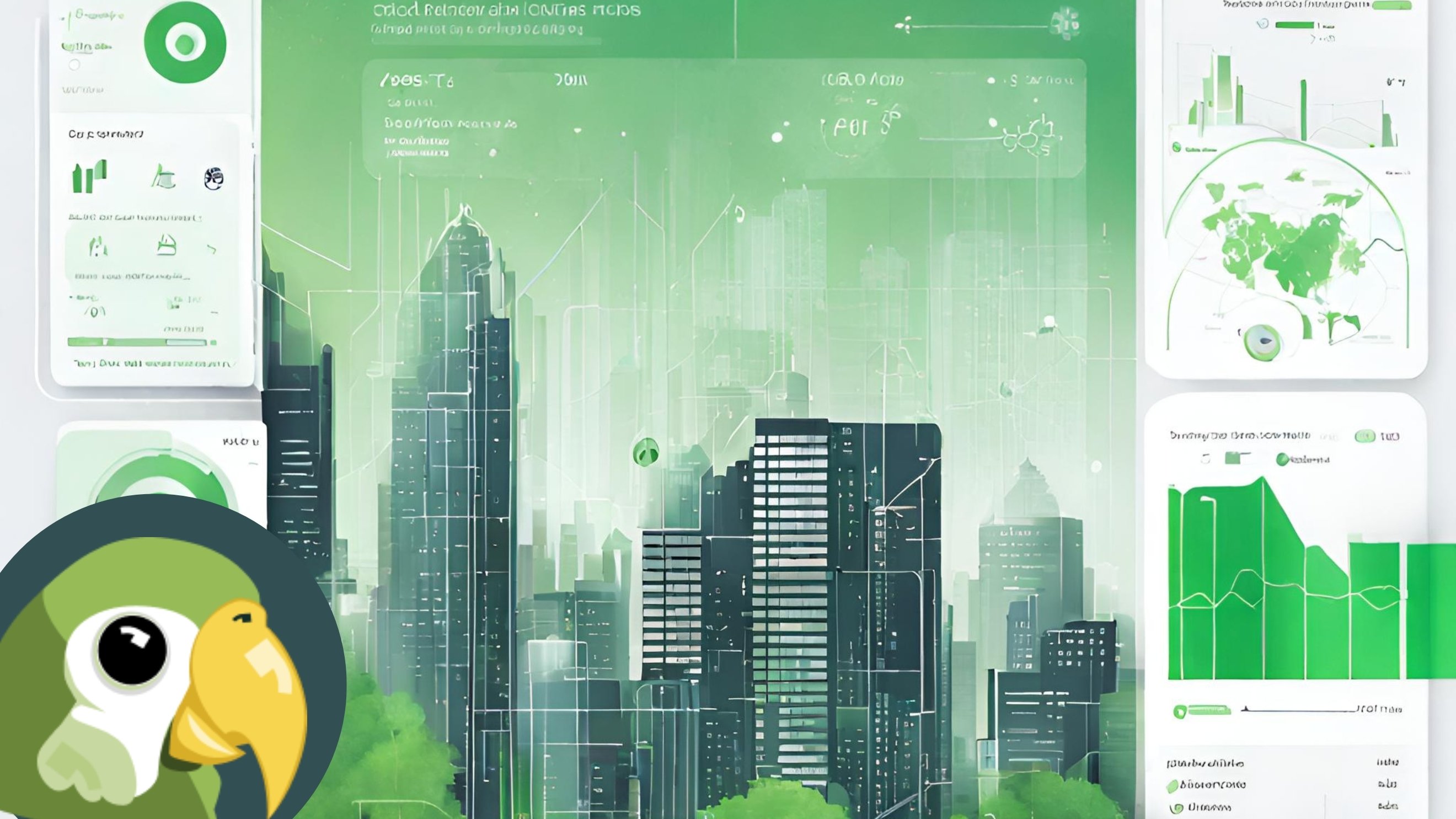Share this
Subscribe to Our Newsletter

Featured Report
Download your copy of "Make Informed Decisions with Confidence: Solving The Community Engagement Puzzle" today!
by NRC on October 23, 2015

-By Angelica Wedell-
Government reports released within the last couple of years indicate all of us are potential targets for hackers. The Bureau of Justice Statistics estimated that well over 17 million U.S. Americans became victims of identity theft in 2014 alone. That's about seven percent of the population.
The hackers are everywhere, but there are ways we can deter them. The Federal Trade Commission is one great resource for information on identity theft and prevention. They recommend keeping a few things secure: personal information offline, personal data online, social security numbers and data from computers and mobile devices.
Nathan Riley, professional services engineer at LogRhythm, a security intelligence company, consults and develops systems that automatically react to hacking and alert analysts. Riley says adhering to a few insider tips can help people better secure their personal digital data.
1. Be Obscure. Stick to activity that does not draw the interests of hackers. Do not keep a list of important passwords on your computer or mobile devices. “The trick is not having anything worth looking for, or creating things like 'honey pots,’” Riley says. A thief who gets access into a computer (through spyware or stealing a laptop for example), would love to find a desktop document titled "My Passwords.”
2. Use Strong Passwords. Hackers today have moved beyond just guessing. They can query a database and look for what seems significant, then use that data to hack a password. Make your password obscure by not relating it to information like birthdays and family names. A good password containing letters and numbers that seem random is a great way to deter simple hackers.
3. Don't Share Too Much on Social Media. Thieves can use personal information you share publicly on sites like Facebook and Twitter to steal your identity. They can find out who your family members are, when you are going on vacation and where you work. They can then use this information to answer those challenge questions that your bank website asks when you log in. The Federal Trade Commission says never to post "your full name, social security number, [home] address, phone number, or account numbers in publicly accessible sites.”
4. Don't Click. Keep your pointer away from unknown web links, advertisements, emails from strangers and links in any suspicious emails. Hackers use these portals to send out viruses and spyware. Also watch out for impersonators claiming to be a company with whom you have an account. They should never send you an email asking you for your personal information. If this happens, contact that company by phone or by the official website and ask them if they sent you such a message.
5. Use Encryption. Look for an icon of a lock on the status bar of your internet browser when visiting a web site to transact business. If you see that little lock ![]() , that means the website is encrypted and your credit card number will be safe when you send it. When a hacker tries to look at encrypted data, it appears scrambled and unreadable. It is best to only transact business on websites that are encrypted.
, that means the website is encrypted and your credit card number will be safe when you send it. When a hacker tries to look at encrypted data, it appears scrambled and unreadable. It is best to only transact business on websites that are encrypted.
6. Don't Use Auto Log In. This is especially important for laptops, mobile devices and any machine you use outside of home. With automatic logging in, a thief would not even need to do any hacking to get into your accounts. Log off of your accounts and out of the device when you are done.
7. Secure Everything Mobile. This includes phones, tablets, laptops and anything else that can hold data that you carry around with you. Use the passcode lock feature to keep thieves out. When disposing of old devices, make sure you completely wipe the hard drives clean by overwriting them in a utility program. Some people physically destroy their old hard drives by drilling holes completely through the disk. Remove the SIM card (subscriber identity module) from your old phone and delete any data saved on the phone: address book, call log, messaging, web history, photo data, etc.
8. Read the Privacy Policy. Avoid transacting business on a website that does not have one.
9. Hire a Security Analyst. Analysts monitor networks with personal information and react to security breaches. Credit card companies hire them, but they are also a good idea for high profile people (like celebrities who are unable to fly under the hacker radar.)
10. Remediation. This is the most important way to deal with hackers. "You can't keep them [all] out," Riley says. "If you think you are at risk, change your password. React to suspicious activity. Look over your activity logs. That is actual security."
Related Articles

Download your copy of "Make Informed Decisions with Confidence: Solving The Community Engagement Puzzle" today!
These Related Stories


